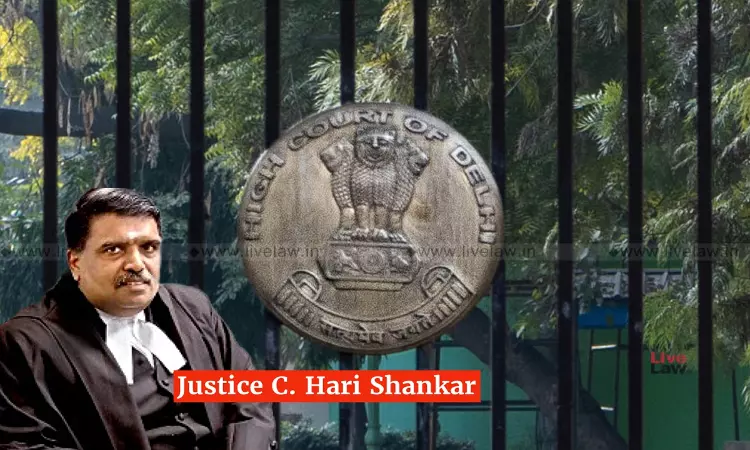Arbitrator Can't Assume Arbitral Seat Without Clear Agreement From Parties: Delhi High Court
Rajesh Kumar
11 Sept 2024 10:00 AM IST

Next Story
11 Sept 2024 10:00 AM IST
The Delhi High Court bench of Justice C. Hari Shankar has held that that parties in arbitration can agree to an arbitral seat at a neutral location, different from where the contract was executed, the work was carried out, or the arbitration proceedings were conducted. However, such a decision must first reflect mutual agreement and, secondly, must be documented, either...
